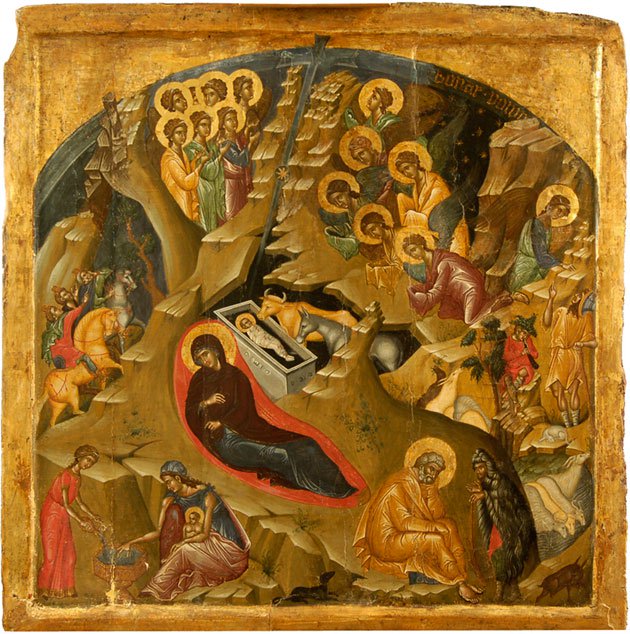The Real Meaning of Christmas
22 December 2021In a festal atmosphere, with twinkling lights, the giving and receiving of gifts, with parties and food, with everything our consumer society and secularized Christian life dictates, we celebrate Christmas.
The rather more ‘spiritual’ view sees Christmas as the event of ‘peace on earth’ which God brought with His advent, with a nod towards His failure, since we know that, from the time He came until today, very few years have been without war somewhere in the world.
And then again, the more ‘spiritual’ view, with a theological foundation, will say that Christ became human ‘in order to save us from our sins’, making sin the basis for the astonishing fact of God’s incarnation. In other words, something negative.

Amid all this secular, spiritual and theological commotion, how are we going to find room to uncover the real meaning of the great feast of Christmas? And why would we even bother? As if we didn’t have enough to do with our problems, our concerns and our mistakes which take up all of our energy? What do we care about the theoretical ‘meaning of Christmas’?
And yet. According to Patristic thought, the discovery of the meaning of Christmas and our acceptance of it in our life will set us free from the cares of life, the anxiety and all the negative factors, and will bring us to a new life- His Life- which is joy and peace, eternal life now and forever and unto the ages of ages.
Saint Isaac the Syrian says: ‘God became human, not to redeem us from our sins or for any other reason, but purely and simply so that the world would know the love He has for His creation’.
If the love of another person gives us strength and joy, what fulness of the heart will we feel when we become aware of the personal love of our great God? This is a love which, of course, isn’t limited by our own imperfect and awkward love or by our own faith and practices. In other words, He doesn’t love us because ‘we’re His’, or, when we love Him, but He does so always and with the same intensity.
In the innermost depths of our being, each of us needs to be aware of this unlimited and unconditional love. We have to know that God loves us in our sinfulness and that ‘He can’t stand living without us’. Also that ‘He begs for our love’ by ‘knocking at the door’ of our heart, seeking a place within it .
Then, in response to His love, and loving Him:
We talk to Him- we pray,
We’re united with Him- we take communion in repentance,
We live as He asks us to- we keep His commandments.
And He comes to us, is born in our heart, grants us His peace, His repose, the joy of His Kingdom, ‘in this age and in that of the future’.






